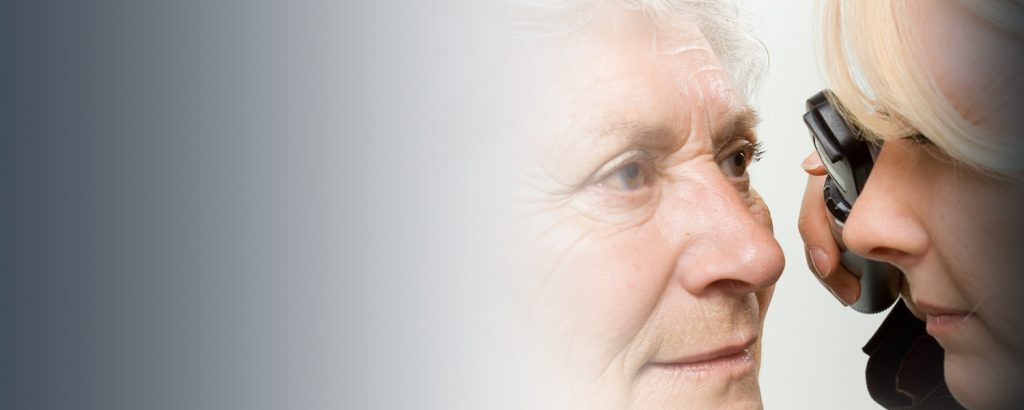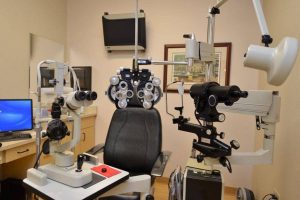Dilated eye exams are the best way for your eye doctor to detect many eye diseases.
It may be inconvenient to get your eyes dilated during an eye exam. However, when you consider the advantages of dilating your pupil in an eye exam, the temporary blurred vision and light sensitivity that can follow are well worth it.
Importance of dilated eye exams
During an eye exam, your optometrist will shine a bright light into your eye to get a better look at the back of the eye, to view your lens and the retina.
The problem is that bright light causes the size of the pupil’s opening to shrink, making it difficult for the optometrist to see clearly inside your eye.
For this reason, your optometrist may apply eye drops to dilate your pupils to keep them open.
The blood vessels and tissues in the retina, as well as the lens and optic nerve, are much easier to see with a dilated pupil.
Dilating the eyes makes it easier for your optometrist to detect the following conditions and diseases:
- Cataracts
- Diabetic retinopathy
- Glaucoma
- Macular degeneration
- Retinal detachment or retinal tears
- Tumors on the retina
Some of these conditions and diseases develop without any noticeable symptoms during their early stages, and are only detectable through a dilated eye exam with your eye doctor.
SEE RELATED: What to Do Before an Eye Exam?
The Dilation Process
Before starting the eye exam your eye doctor will apply eye drops to each eye. After 10-20 minutes your pupils should be fully dilated, and will remain dilated for 4-6 hours.
These eye drops might sting for a few seconds and whilst the pupils are dilated the eyes may be sensitive to light since the larger pupil allows more light than usual to enter the eye. Until the eyes return to normal, many patients find wearing sunglasses more comfortable.
Reading or driving may be difficult with dilated eyes, and your vision may be blurred. Some patients have felt a tightening sensation in their eyelids.
How often should I have a dilated eye exam?
Your first first dilated eye exam should take place around the age of 40 to give your optometrist a baseline to compare future findings with. It is recommended that everyone above the age of 60 have a dilated eye exam once a year.
LEARN MORE: Guide to Eye Exams
Schedule a comprehensive eye exam with an eye doctor near you so that you can keep your eyes healthy.


